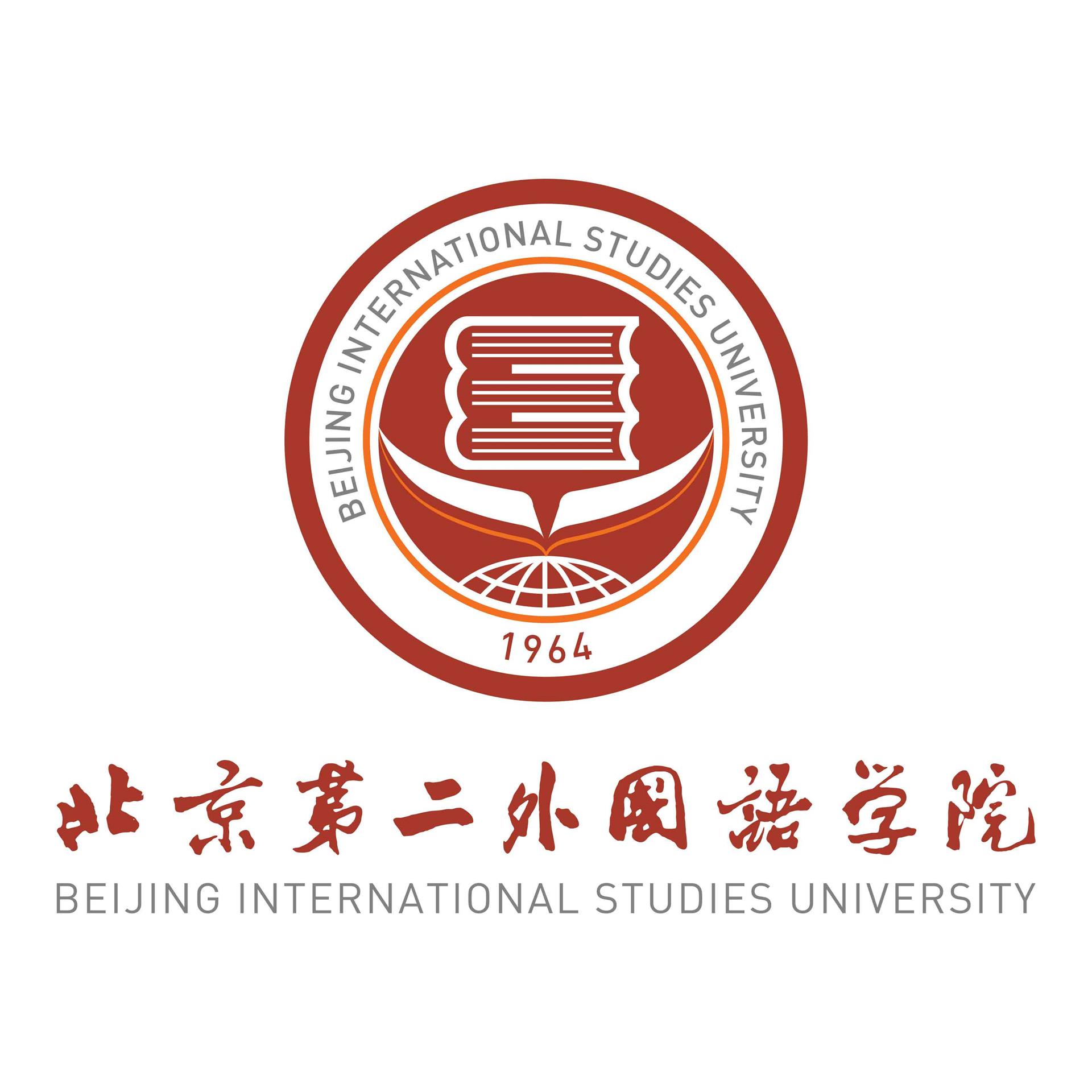BISU is located in Chaoyang District, Beijing, with The Central Business District (CBD) on its west and Tongzhou District, the subsidiary administrative center of Beijing, on its east. At present, BISU has nearly 10,000 registered students, including 6,100 undergraduate students, 1,300 graduate students and 1,000 international students. It is organized into 16 Schools, 7 departments and 3 supporting units. The school library has collections of over 1,080,000 volumes, about 1,010 current journals, and an extensive collection of electronic resources. The library has 44 Chinese databases, 45 foreign language databases and two databases established by itself.
At present, BISU offers 13 primary disciplines (Foreign Language and Literature, Business Management, Applied Economics, Chinese Language and Literature, Marxism, Journalism and Communication, Law, Political science, Education, Art, Sports, Computer Science and Technology, and Maths) and 40 undergraduate majors. Four primary disciplines and 22 secondary disciplines have been authorized to confer Master’s degrees. It also offers 5 professional Master’s degree programs. BISU has a Joint Doctoral Program in translation with Binghamton University-the State University of New York, a Joint Doctoral Program in tourism with Griffith University in Australia, and a post-doctoral research station (co-founded with Social Sciences Academic Press ). It has four municipal key disciplines of Beijing and four national characteristic majors.
The University aims to achieve excellence in research and ensure that its research contributes to the well-being of society. Its research efforts are enhanced through the huge range of support it provides for research staff and the establishment of research centers or institutes where cutting-edge research is taking place. In recent years, its research funds have been growing at an annual rate of 15%, and the quality and quantity of research output have been significantly improving. BISU is home to 13 research institutes, including China Academy of One Belt and One Road Strategy, China Academy for Tourism Talent Development, National Institute of Cultural Development, Institute of China Translation Development, and 7 provincial and ministerial humanities and social sciences research centers. A platform of fundamental research has been built through a triad of research bases: the Think Tank, the Philosophy and Social Sciences Research Center, and the Institute of Regional and Country Studies.
BISU is dedicated to produce high-level, practical talents with an international vision and a spirit of interdisciplinary exploration. It offers excellent undergraduate and graduate instruction that is supported by three pillars. The first one is traditional Chinese culture. BISU is committed to the cultivation in students of a strong sense of national identity by integrating traditional Chinese culture into the whole process of education. The second pillar is its diversity and global vision. BISU seeks to provide its students with an education that takes a worldwide perspective with the support of an inclusive campus community. It offers numerous opportunities for students to learn from and incorporate international perspectives and experiences throughout their academic careers. The third pillar is BISU’s commitment to the interweaving of fundamental knowledge and practical education and an emphasis on practice so that its graduates use knowledge to benefit the world. BISU is proud of its graduates with creativity, broad horizons, solid knowledge of their fields and solid practical skills, and competitiveness in the job market.
Many of BISU’s graduates are accomplished and become political, diplomatic, business and cultural and educational elites -- Wang Yi, the Minister of Foreign affairs; Gao Hucheng, the Minister of Commerce; Liu Hongcai and Xu Lvping, Vice Ministers of the International Department of the Central Committee of the Communist Party of China; Cheng Guoping, Vice Minister of Foreign Affairs; Wu Sike, China’s Special Envoy on the Middle East Issue; Gai Zhixin, Chairman of CITS Group Corporation; Chang Zhenming, Chairman of CITIC Group, and Ann Hu, a renowned Chinese American director, just name a few.
The school faculty is well-structured in terms of the faculty members’ ages, degrees, specialties and professional titles. The University now has nearly 1,000 full-time teachers, 46% are Ph.D. holders and more than 60% are professors or associate professors. Most of the faculty members had overseas learning experiences or obtained their academic degrees abroad. BISU also employs 120 part-time professors and more than 60 foreign experts. BISU is proud of having one “National Outstanding Teaching Team”, three “Excellent Teaching Teams of Beijing”, and seven “Innovative Academic Teams of Beijing”.
BISU attaches great importance to international exchange and collaboration. By now, the University has established substantial collaborative relations with more than 140 universities or educational institutions in more than 30 countries. Each year, a considerable number of teachers are sent abroad for further study, joint research projects, or Mandarin teaching. Every year an average of over 500 students go abroad to further their study, while more than 1000 foreign students come to BISU. Four Confucius Institutes have been established, in partnership with the Autonomous University of Chihuahua in México, the University of Central Lancashire in Britain, Université Mohammed V in Morocco and the French city Clermont-Ferrand. Besides, more Confucius Institutes are expected to be established in collaboration with universities of countries along the Silk Road Economic Belt, including the University of Warsaw in Poland, the University of Coimbra in Portugal, and the University of Panama in the Republic of Panama.
In order to build BISU into a teaching-research university with a high level of internationalization, distinctiveness and popularity, BISU seeks to highlight the development of its two leading disciplines of Foreign Languages and Literature and Tourism Management, offer students a broad, interdisciplinary education with an international perspective, and produce graduates that are qualified for inter-cultural exchange and ready to make a difference on the world stage. It’s BISU’s goal to become a first-rate foreign studies university with global influence.




